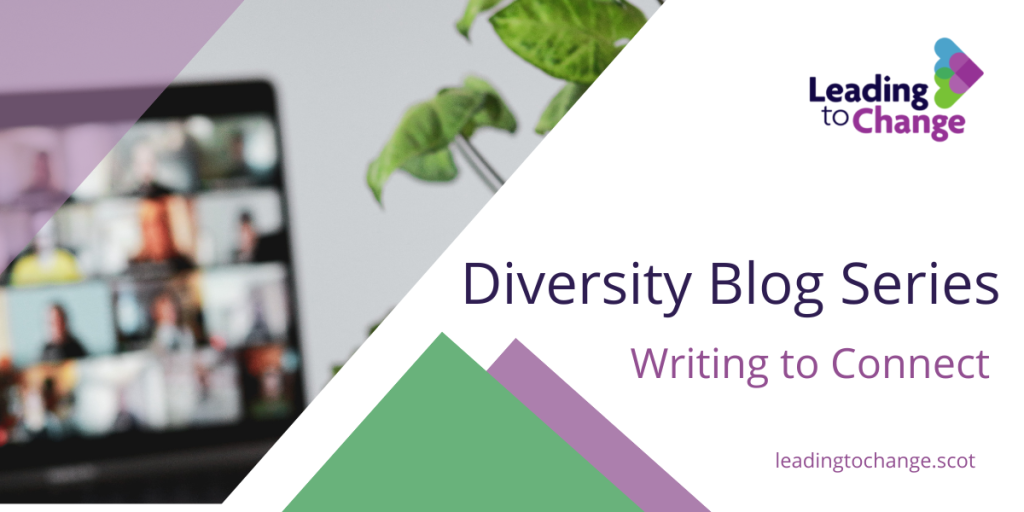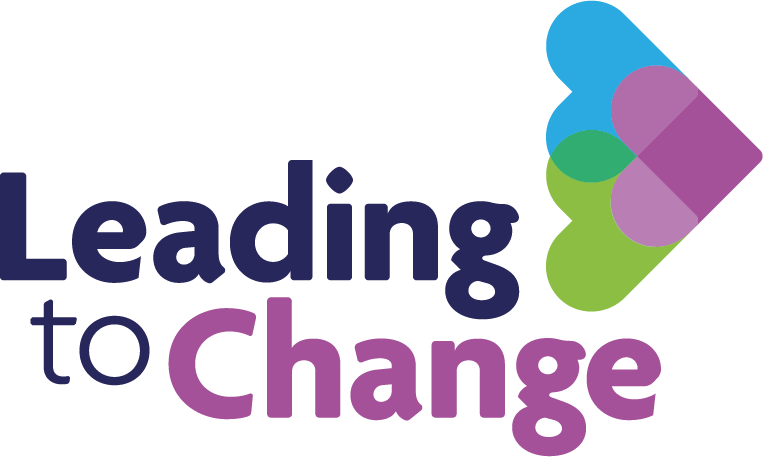Understanding the Lower Paid Ethnic Minority Staff Inquiry
23/11/2022 -
John Wilkes is Head of Scotland for the Equality and Human Rights Commission and also served as Scotland Director of the Equal Opportunities Commission between 2001 and 2007.
I work as Head of Scotland for the Equality and Human Rights Commission and our job is to regulate and promote equality and human rights across Great Britain. In Scotland we share our human rights work with the Scottish Human Rights Commission and in June 2022 we published the report of our inquiry into the treatment and experience of lower paid ethnic minority staff working in health and social care.
COVID-19 was a significant challenge to our country and health and social care system and the pandemic quickly highlighted existing racial inequalities. Recognising the widely publicised disproportionate impact of the pandemic on ethnic minority staff in this frontline sector and the relative invisibility of the experiences of lower paid workers, we decided to carry out an inquiry to learn more about this.
An inquiry is one of our statutory powers and a tool which we can use to find out more about an equality or human rights concern in a particular sector or about a specific issue. Recent inquiries include ‘Housing and disabled people’ and ‘Racial harassment in higher education’. An inquiry can make recommendations to any relevant organisation, including government, and organisations are required to respond to say what they will do as a result.
This inquiry launched in October 2020, at the beginning of the second pandemic wave, and covered Scotland, England and Wales.
We published a full inquiry report and Scotland policy briefing. I want to highlight some of our findings, so that as a leader in health and social care you can consider any implications these might have for your organisation and any changes you can make to address the issues.
Workers we spoke to reported treatment and experiences at work that were different to those of ethnic majority colleagues. There was a low awareness of employment rights, a fear of raising concerns and a lack of mechanisms to do so. We heard of experiences of discrimination, bullying, harassment and abuse and there were examples of differential increased risk in the workplace. Workers reported less favourable treatment from managers, fewer training opportunities and a lack of representation in senior roles.
We also found workers often unaware of their rights, with a number of barriers to workers understanding their rights and this is a particular issue for migrant workers. Workers are less likely to raise concerns, fearing to lose their jobs and there are more opportunities for health service workers to raise concerns compared to workers in social care.
We found that workforce surveys have limitations, and don’t reach everybody. We recognised that in Scotland there are a number of existing strategies and new opportunities to tackle these issues, such as the commitment to a new National Care Service.
Our inquiry recommendations included providing strong leadership and ensuring health and social care employers meet the Public Sector Equality Duty, improving awareness of and compliance with employment rights, and developing accessible ways for workers to raise concerns.
We recommend mandatory training for managers on dealing with workforce complaints, implementation of existing recommendations on low pay and fair work and continuing to develop national structures for better data collection on the health care workforce.
In the light of our inquiry report, questions a leader in health and social care might want to reflect and potentially act on could include:
- What am I doing to develop a safe and inclusive workplace, where people can give of their best?
- How well do I know all of the people working in my area? How confident am I that I know how they are experiencing the workplace?
- Do I encourage communication from people who may be more marginalised on account of their ethnicity or role?
- Do I ask supportive questions? Am I sure that people know how to raise concerns and are confident to do so?
- Do I encourage people to complete workplace data monitoring? Do I ensure that people understand the importance of doing so?
We will follow up specific inquiry recommendations to Scottish Government, Health Boards and Local Authorities, Health and Social Care Regulators and others to help to contribute to the realisation of equality and human rights within health and social care in Scotland.
We would like to thank John for this guest blog which is part of the Leading to Change Diversity Blog Series. We want to highlight and promote the voices and experiences of diverse leaders at all levels including those working at frontline / grassroots levels. We aim to celebrate diverse leaders who can act as role models for other aspiring, diverse leaders.

John Wilkes
John has been Head of Scotland for the Equality and Human Rights Commission since April 2017 and also served as Scotland Director of the Equal Opportunities Commission between 2001 and 2007. He has a strong commitment to equality and human rights and long experience in the voluntary, statutory and private sectors in Scotland and the UK and has been an active campaigner on LGBT, gender and race issues for over twenty years.
John has previous experience of paid and unpaid roles in the voluntary sector. Prior to the EHRC he worked as chief executive of Scottish Refugee Council between 2008 and 2017 and other roles as chief executive of a Scottish HIV and AIDS organisation and Scotland Director of Carers UK.
All information regarding our contributors was correct at the time of publishing.
What is this for?
Click this button to record your learning in the Leading to Change app. If you have a profile in the Leading to Change app you now have the ability to record any learning showing this button. If you do not have a profile you can register with a TURAS account or create one for free.
5 minutes and 00 seconds till you can record this learning activity
We have estimated that this resource will take 5 minutes to complete. Once the timer below is complete you will be able to select ‘Record your learning’.


